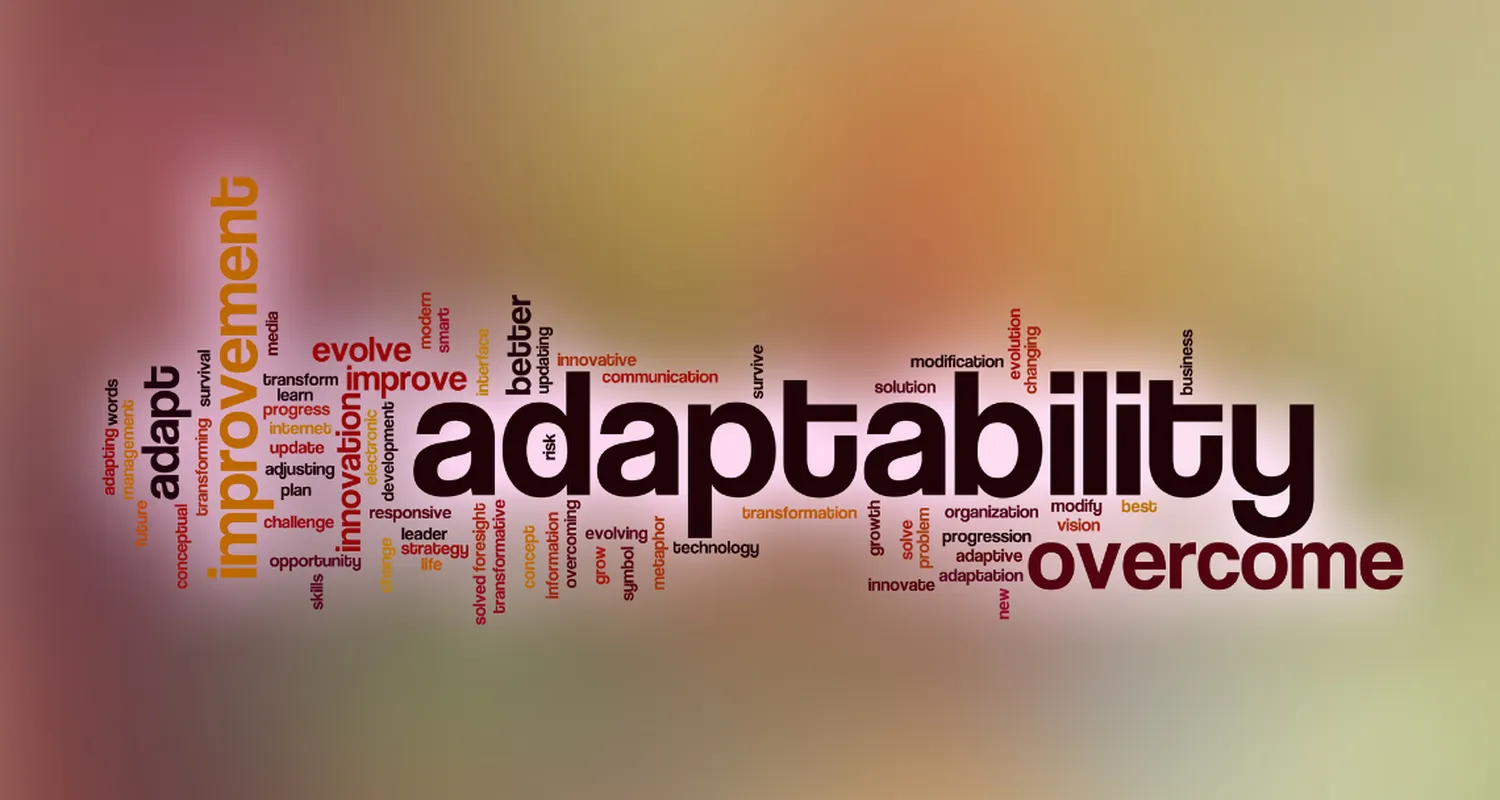Insights from our Kestria members worldwide reveal how adaptable leaders foster a culture of continuous growth and resilience. Their perspectives highlight the leadership qualities that empower organizations and teams to navigate uncertainty and seize new opportunities.

The growing need for adaptable leaders
‚Adaptability, the ability to constantly realign an organisation to changing conditions, has always been essential for a successful manager,‘ says Alexander Moser, Managing Partner at Kestria Austria. Recently, however, the frequency and intensity of these changes have increased significantly. ‚In business, leaders face a variety of challenges demanding high adaptability. Technological changes, extreme market volatility and global crises are key factors that have significantly raised the demands on managers.
Technological changes
Rapid technological advances have transformed business operations, with digital transformation, automation and AI now fundamental to corporate strategy. Managers must not only understand these technologies but also adapt strategies and business models accordingly. Successfully integrating innovations and preparing the workforce for these changes is key to long-term success.
Market volatility
Today’s globalized markets are more volatile than ever, with economic uncertainties, geopolitical tensions and shifting consumer demands. Managers must respond quickly, requiring proactive planning, decisiveness under pressure, and a readiness for strategic course corrections. Flexibility and a willingness to explore new paths are essential.
Global crises
Global crises, like the COVID-19 pandemic, have exposed company vulnerabilities and underscored the need for adaptable leadership. In crises, leaders must protect employee safety and maintain business continuity, often by implementing new working models such as remote work or redesigning supply chains. Quick action and innovative solutions are crucial to survival and resilience.’

‚The ability to adapt and overcome adverse challenges is paramount for any leader in today’s global environment. Good leaders act quickly and remain flexible during difficult times, while creating a strategic pathway for sustainable growth and emphasizing the needs and wellbeing of employees first,' says Jeffrey Bohn, Managing Partner of Edge Communications, Inc., South Korea.

Understanding leadership agility
Bendik Myhre, Managing Director at Kestria Norway emphasizes that agile leaders cultivate a culture of trust and empowerment, encouraging team members to take initiative and innovate. ‚This style is critical during rapid technological progress, market unpredictability or major organizational transformations, as it fosters an environment where experimentation and creativity thrive. By adopting agile leadership, organisations can respond to evolving needs and adapt to new realities.
While agile leadership offers numerous benefits, the drive to stay ahead and innovate can sometimes result in initiatives that prioritize trends over core needs. Thus, agile leaders must balance their enthusiasm for new ideas with a critical assessment of how these trends align with strategic objectives.’

Lifelong learning: The foundation for adaptable leadership
In a world of constant change, adaptable leadership is more crucial than ever. According to Constanza Ossa, General Manager at Kestria Chile, leaders with agility and flexibility are better equipped to anticipate and respond to their environment's demands, adjusting strategies and approaches swiftly and effectively. ‚A key factor of this adaptability is lifelong learning, a proactive and ongoing commitment to personal and professional growth. Continuous learning enables leaders to acquire new skills, stay ahead of trends, and turn challenges into opportunities.
As knowledge evolves, leaders face the need to constantly renew their skill sets. Today, cultivating adaptability and developing the skills to tackle new challenges is key to achieving a permanent upskilling journey.
This ability for constant evolution is rooted in a growth mindset, where learning is seen not as a one-time event but as an ongoing process. Leaders with a growth mindset understand that success is shaped not only by innate talent but also by effort, perseverance and the ability to learn from mistakes. This mindset enables them to navigate change effectively and inspire their teams to do the same, creating resilient, learning-oriented organisational cultures.’

‚Successful leaders understand that self-development is a vital component of effective leadership. They are true believers in continuous learning, despite reaching executive levels, in their view, this would help them cope with and accommodate new global trends. They actively seek out opportunities for growth through executive education, which equips them with advanced skills and knowledge necessary to navigate complex business environments. Additionally, by exposing themselves to cross-industry experiences, they gain fresh perspectives and innovative ideas that can be applied to their own fields. Mentorship plays a crucial role as well, allowing them to learn from the experiences of others while also providing guidance to emerging leaders. This commitment to personal and professional growth not only enhances their leadership capabilities but also fosters a culture of continuous learning within their organizations, ultimately leading to greater success,’ adds Amr Elsaeedy, Site Leader & General Manager at Obeikan Digital Solutions, Egypt.

Organisational impact: How adaptable leaders drive success
For Grace Abella-Zata, former Kestria partner in Philippines, adaptable leaders strengthen resilience and agility in organisations by promoting flexibility and encouraging a growth-focused mindset within their teams. ‚They keep communication open, allowing team members to share ideas and insights, which helps uncover solutions quickly when challenges arise. By empowering employees to take initiative and make decisions within their roles, adaptable leaders create a team that’s proactive rather than reactive. Instead of sticking strictly to preset plans, these leaders support testing new approaches, learning from quick adjustments and refining strategies as they go. This creates an environment where employees feel trusted and motivated, confident in their ability to meet the demands of changing markets and unexpected disruptions.
An example of adaptable leadership in action is John Gokongwei, Chair of a major Philippine conglomerate. A tea drink product was successfully introduced as a result of rapid innovation, intuition and reporting to market trends rather than the more traditional approach. By fostering a culture that values initiative and flexibility, leaders like Gokongwei engage their teams, demonstrating that openness to unconventional approaches can secure long-term success, even in competitive or uncertain environments.’

‚In an agile culture, we empower our teams to take initiative and innovate, to engage deeply with challenges and to transform them into opportunities. This approach drives our efficiency and fuels our success in achieving our goals,’ adds Marie-Josée Dupuis, General Manager at Sebia, Canada.
Leading the future with agility and a learning mindset
Adaptable leaders, dedicated to lifelong learning, play a crucial role in navigating today’s challenges. By fostering resilience, decisiveness and openness to new ideas, they create agile organisations where empowerment, trust and innovation thrive. Through continuous growth and a commitment to flexibility, these leaders build resilient teams and set the foundation for sustained success in an unpredictable world.

